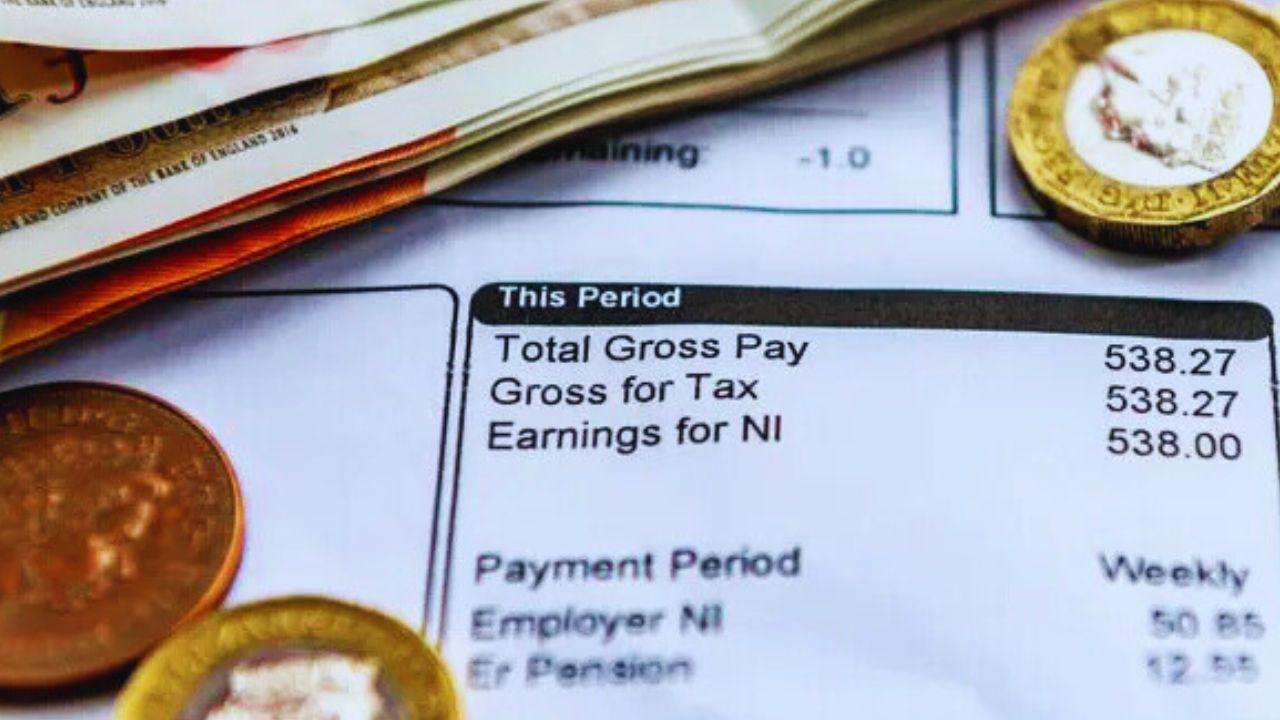A Colchester couple is facing a devastating ordeal after their £22,000 Mercedes C350E was seized by bailiffs over an unpaid £35 bus gate penalty charge. The incident has ignited a debate about the proportionality of debt enforcement and the potential for administrative errors to have severe consequences.
South asian couple Ravi Oak, 55, and Anu Apte, 53, unknowingly drove through a bus gate in Chelmsford, Essex. Compounding the situation, they then left the country to go to India, due to a family bereavement, resulting in them not seeing the original fines. Essex County Council issued the initial £35 fixed penalty notice, which, due to non-payment, escalated. Subsequent warning letters also went unseen by the couple.
The situation then escalated dramatically. While the couple were still abroad, debt collectors, acting on behalf of Essex County Council, seized their vehicle. The couple discovered the car was missing upon their return, after a friend, who was checking on the house, discovered the missing automobile. The car was then auctioned off.
The couple now feel that there has been a serious injustice, and are now considering taking legal action against Essex County Council. They have stated that they would have paid the original fine, had they been aware of it. They feel that the action taken, is disproportional to the original debt.
This case raises serious questions about the systems in place for handling traffic violations and debt recovery. Critics argue that the rapid escalation of penalties, coupled with the aggressive enforcement tactics of bailiffs, can lead to disproportionate outcomes, especially when individuals are unaware of the initial infractions.
Essex County Council has stated that they follow established procedures for dealing with unpaid penalties, and that they make multiple attempts to contact vehicle owners before taking enforcement action. However, the couple feels that these attempts were not sufficient.
This story highlights the potential pitfalls of automated enforcement systems and the importance of clear and effective communication between authorities and citizens. As this case moves forward, it is likely to prompt calls for greater transparency and fairness in debt recovery practices.








.svg)


